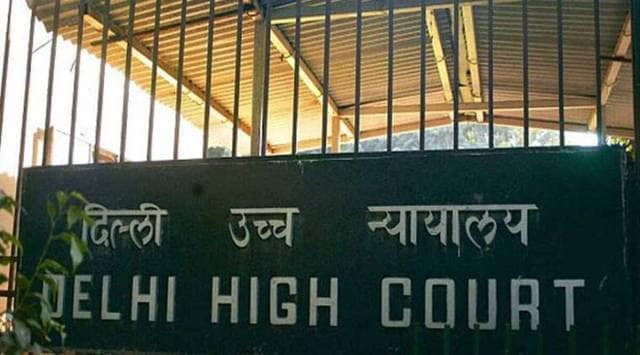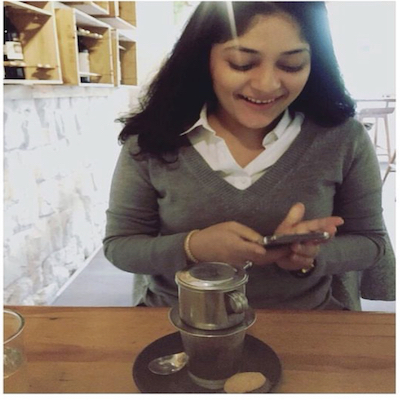Cannot sub-classify women into categories to see if they are entitled to bail under PMLA: HC
A single-judge bench of Justice Jasmeet Singh, in its June 14 order, made the observation while granting bail to Unitech promoter Sanjay Chandra's wife Preeti Chandra in a money laundering case probed by the Enforcement Directorate (ED).

The Delhi High Court recently held it cannot “sub-classify” women into different categories and apply the twin conditions for bail under the Prevention of Money Laundering Act (PMLA) to “some” categories of women and exclude other categories.
A single-judge bench of Justice Jasmeet Singh, in its June 14 order, made the observation while granting bail to Unitech promoter Sanjay Chandra’s wife Preeti Chandra in a money laundering case probed by the Enforcement Directorate (ED). The ED moved the Supreme Court, which, on June 16, stayed the operation of the HC’s bail order “till further orders”.
On the provision to Section 45(1) of the PMLA, which grants relaxation to a “woman or person under the age of sixteen years or sick or infirm person”, Justice Singh said that the genesis of it is traceable from Article 15(3) of the Constitution of India. Article 15 pertains to prohibition of discrimination on grounds of religion, race, caste, sex or place of birth, while 15(3) states that nothing in the article shall prevent the State from making any special provision for women and children.
Section 45 of the PMLA states that no person shall be released on bail unless the twin conditions are met — the Public Prosecutor has been given a opportunity to oppose the application for such release; and where the Public Prosecutor opposes the application, the court is satisfied that there are reasonable grounds for believing that he is not guilty of such offence and that he is not likely to commit any offence while on bail.
“PMLA does not define a ‘woman’. It is neither the intention of the Constitution of India nor the intention of PMLA to classify women on the basis of their education and occupation, social standing, exposure to society, etc. It is also settled principle of interpretation that while interpreting a statute and/or a Section, the Courts are not to substitute or add or subtract words from the Section. The same would be amounting to supplanting the intention of the Legislature,” the HC said.
It further observed that “beneficial legislation in favour of a class of persons, which is reflective of constitutional spirit, should not be considered narrowly”. The ED had argued that Preeti is not a “household lady”, is well-educated and is running multiple companies.
“Thus, to argue what kind of woman is entitled to fall within the proviso to section 45(1) PMLA by creating an ad-hoc illusionary sub-classification of educated women, business women, women belonging to high social strata, within the broader classification of ‘woman’, as sought to be done by the respondent, is misconceived. There is no intelligible differentia in classifying women based on their education, occupation or social stature. Classifying women bereft of any intelligible differentia would be an anathema to the fundamental right to equality under Article 14 of the Constitution,” Justice Singh said.
The HC said that once the term “woman‟ is used in the proviso to Section 45(1) of PMLA, the “Court is not to further sub-classify women into different categories and apply the twin condition of Section 45 to some category of women and to exclude some category of women from the twin condition of Section 45”. Justice Singh observed that doing this would not only be “violative of Article 14” of the Constitution but will also be a “great injustice to the intention of the Legislature”.
The HC though said that this does not mean that the applicant seeking bail will not be required to satisfy the triple test – flight risk, influencing witnesses and tampering with evidence — for grant of bail.
The HC further said that whether Preeti knew that she was dealing with proceeds of crime and whether the same was tainted money, can only be ascertained after evidence has been led. It further observed that Preeti had not been named in the ECIR dated June 6, 2018 and August 31, 2021 filed by the ED. The allegations against Preeti pertained to money laundering and siphoning off funds belonging to homebuyers of Unitech Group.
The court noted that nothing had been placed on record to show that Preeti was involved in day-to-day affairs of the Unitech companies in question or was responsible for taking key managerial decisions, except the fact that she was a director in one of the companies – Prakausali — between June 16, 2010 and April 23, 2013.
“The applicant has to satisfy the triple test which can be taken care of by imposing stringent conditions. The applicant has already been investigated for more than 13 occasions and has been in custody for more than 20 months,” the HC said, granting bail to Preeti subject to certain conditions. The HC, however, clarified that the observations in the bail order will not affect the merits of the case.





































